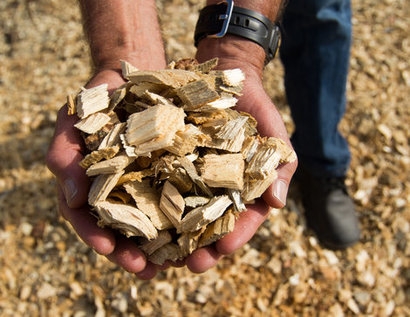
There is an increasing worldwide demand for biomass for a diverse range of end-uses, which can play an important role for meeting renewable energy targets and fulfilling goals related to the bioeconomy. These objectives will require the development of sustainable value chains. Certification is a useful tool to promote and guarantee sustainability of biomass commodities, especially in international value chains, but it has its limitations in reaching all stakeholders in a region, with different levels of capabilities, and tackling issues involving processes taking place at the landscape level or in wider regional or national contexts.
The report “presents the assessment of nine different case studies from, where landscape governance has been adopted to manage the resources and land uses with the participation of the different stakeholders from government organisations to the private sector and non-governmental organisations.
Novel regional and landscape governance approaches aim at addressing these challenges. They may enhance commitment and collaboration between multiple stakeholders across sectors to achieve common goals for a more sustainable production at larger geographical scales, regardless of the end-use of the produced raw materials or products, or the end-destination of products.
The most important benefits and challenges of landscape governance, as derived from the case studies:
Benefits
A landscape initiative allows to overcome complex challenges that can only be addressed at a landscape level, e. g. water scarcity or deforestation.
Involvement of different stakeholders through multi-stakeholder processes helps to ensure better balance of power over limited resources;
It creates an opportunity for more sustainable management of natural resources, with greater benefits and values for all stakeholders along the supply chain, especially those working and living in the landscape;
The specific commodity and its land use system can more easily be targeted to a sustainability standard or certification system that enables access to international markets.
Challenges
Landscape governance examples are still novel and therefore gathering meaningful data is still difficult as this is fragmented across the different stakeholders.
The effectiveness of a landscape governance initiative depends on the legal framework and the government /jurisdictional institutions in place.
For additional information:

